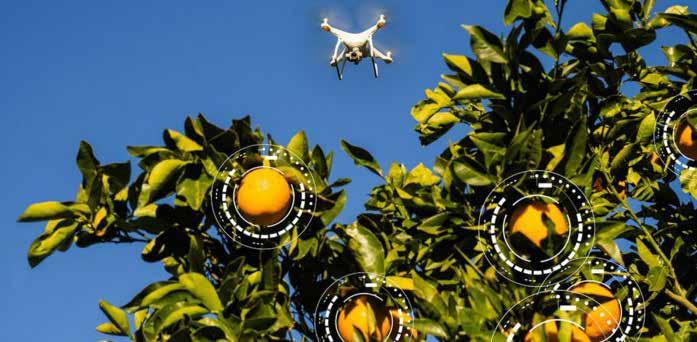POLICY
LEGAL AND REGULATORY FRAMEWORKS FOR AI GOVERNANCE IN AFRICA NEED TO BE FOSTERED: UNESCO The United Nations Educational, Scientific and Cultural Organisation’s (UNESCO) Artificial Intelligence Needs Assessment Survey in Africa, which the UN agency released in February, has recommended that African member states develop legal and regulatory frameworks for Artificial Intelligence (AI) governance to ensure that AI innovation and development upholds human rights.
T
54
Through the survey, UNESCO sought to establish the priorities and capacity building needs of African countries concerning AI. In all, 32 member states in Africa participated in the survey.
neered by AI so as to offset biases and discrimination, including on the basis of race and gender, or loss of personal privacy through predictive analysis among others. UNESCO also highlighted that
UNESCO recommended that the African member states adapt and test frameworks for human right risk assessments and due diligence on AI applications in order to ensure that they do not interfere with the full enjoyment of fundamental human rights and freedoms. 22 of the 32 member states reported having legal frameworks covering personal data protection. UNESCO noted that these legal provisions may need to be updated to take into account the new uses and applications of data engi-
the need for legal protection against algorithmic bias and discrimination prompted by the fact that only nine countries that participated in the survey reported having measures against these challenges. The agency said it is developing a a larger framework on ethics of AI -which includes an Ethical Impact Assessment -- that will include the whole range of human rights, fundamental freedoms, and human dignity which will provide with a more robust framework to properly assess and address
SYNAPSE | 1ST QUARTER 2021
the challenges and opportunities of AI for all individuals and communities. UNESCO said such frameworks should ensure that there’s no discrimination in the selection of datasets and programmers design choices, and make explicit the values informing these choices, including those related to implicit and explicit gender biases. IN addition, UNESCO added that the frameworks should provide for close monitoring of outcomes that could infringe on the rights to expression, privacy and equality, as well as other rights. UNESCO also recommended that member states develop legal and regulatory frameworks updated for Personal Data Protection and Data Governance, including through the development of model laws. Other key findings from the survey include: - Policy initiatives for AI governance need strengthening - The need for enhancing capacities for AI governance is widely recognised - AI priorities for countries in Africa are varied but offer an opportunity for cooperation - More efforts are needed to advance an AI education, research and training UNESCO’s Artificial Intelligence Needs Assessment Survey in Africa can be accessed here. ai





























